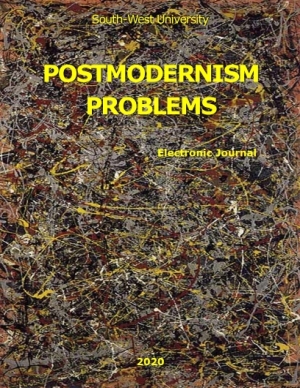Японски селски общности и техните фестивали в условията на постмодерността
Japanese Rural Communities and Their festivals in Postmodern Conditions
Author(s): Maya KeliyanSubject(s): Anthropology, Social Sciences, Customs / Folklore, Cultural Anthropology / Ethnology, Culture and social structure
Published by: ЮГОЗАПАДЕН УНИВЕРСИТЕТ »НЕОФИТ РИЛСКИ«
Keywords: local communities; festivals; traditions; enterprising local actors
Summary/Abstract: The article analyzes the author's sociological research results in two villages in the municipality of Kumano, Mie Prefecture, Japan: the fishing village of Hobo and the mountain village of Maruyama. The text aims to clarify the place and role of traditions in the postmodern lifestyle, the mechanisms of their "modernization," and use to revitalize local communities and preserve the Japanese cultural identity by studying their festivals. Local festivals are an essential cultural resource for protecting the traditions of Hobo and Maruyama. The activities for their organization and implementation largely determine the lifestyle of the local community. Their preservation requires both will and perseverance, as well as an innovative approach and ingenuity shown by their inhabitants. Collective action is an important factor in preserving local culture and traditions in Japanese villages. In Hobo, the local community's active life is due to the initiative, efforts and perseverance of its informal leader, and the enterprising local people who help him. In Maruyama, in addition to the enterprising local people and their organizations, the organizational assistance and support of the municipal administration and volunteers from other parts of the country are extremely important. With their initiatives and activities, local communities use the resources of tradition to achieve socially meaningful goals in postmodern conditions.
Journal: Проблеми на постмодерността
- Issue Year: 10/2020
- Issue No: 2
- Page Range: 137-164
- Page Count: 28
- Language: Bulgarian

